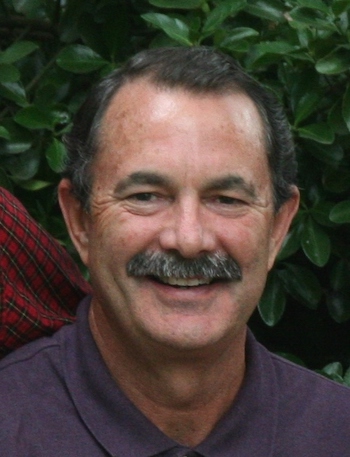
The unanimous U.S. Supreme Court’s June ruling limiting the NCAA’s ability to restrict education-related benefits to athletes won’t have as broad an impact as some news outlets are reporting, said Craig Esherick, former Georgetown University men’s basketball coach, lawyer and associate professor in George Mason University’s College of Education and Human Development.
“The Supreme Court found that the NCAA is subject to the Sherman Antitrust Act and permitted schools to award more educationally related expenses,” said Esherick, associate director for Mason’s Center for Sport Management and academic program coordinator for Mason’s sport management program. “But on the news, they are making it out like it is a broad ruling. The justices specifically recognized that college athletics is an intricate business relationship and gave wide berth to the NCAA and colleges’ business judgments.”
Esherick said that Justice Neil Gorsuch, who wrote the majority opinion, made a narrow decision that still allows for the NCAA to create limits on benefits unrelated to education.
“Certainly, the ruling will permit colleges to award their athletes more educationally related expenses, like graduate school scholarships or technology used for school work, but the justices also specifically said that doesn’t mean a college can buy someone a Lamborghini to drive to class,” Esherick said.
Esherick also commented on the NCAA’s recent decision to officially suspend rules that prohibited athletes from selling the rights to their names, images and likenesses. The new rules represent a major shift for the NCAA. The decision came hours before laws or executive orders in six states that would have had the same impact were set to take effect.
“There are going to be some athletes that will be able to make a large amount of money now,” Esherick said. “It will be interesting to see what that dynamic brings to athletes playing a team sport.”
Esherick also warned that student athletes shouldn’t ignore the most important financial benefit they get—for those on a full scholarship, a free education.
“The concern I have is that athletes will be spending so much time building up their social media presence that it will detract from their work in math or English class,” Esherick said.
To reach Craig Esherick directly, please contact him at cesheric@gmu.edu
For more information, contact Anna Stolley Persky at apersky@gmu.edu
About George Mason
George Mason University is Virginia’s largest public research university. Located near Washington, D.C., Mason enrolls 39,000 students from 130 countries and all 50 states. Mason has grown rapidly over the past half-century and is recognized for its innovation and entrepreneurship, remarkable diversity and commitment to accessibility. Learn more at gmu.edu
